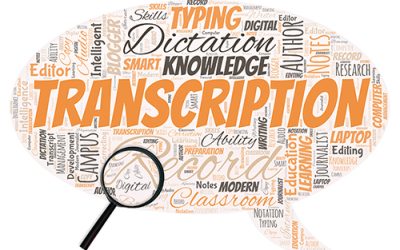
It’s a World of Apps for Lawyers
Many lawyers are now totally app-dependent. It’s because apps are around for every possible requirement. According to the ABA Legal Technology Survey Report, 2014, 91% of lawyers in America use smartphones and 49% of lawyers use tablets for legal tasks. Law firms and other organizations are benefiting greatly from the use of various mobile applications for supporting their workforce on the move.
Advancements in smartphone technology have enabled lawyers to be able to practice from any physical location. With mobile libraries, e-readers, scanners, billing managers, and documentation and presentation tools, law firms and attorneys can coordinate their work well even on the move. And all that is thanks to the advancements in mobile app technology.
Apps for Speech Recognition and Digital Dictation
There is another area too where mobile app technology is making a difference – speech recognition and digital dictation. Digital handled recorders are much better and more convenient than analog recorders, but even they have significant drawbacks. The lawyer would ultimately need to plug the device to a PC, and he would need a USB cable for that. The audio files must then be mailed or sent through a workflow system for transcription. The attorney would have to be in front of a computer at the office for that. Mobile devices do away with all these hassles.
Mobile Devices Taking over Dictation Capture
Mobile devices have advanced to the point of replacing digital recorders, and why not, when you can capture dictation on the move or at the client’s location and the send it to your office or to the transcription company? Case notes, billing time, directions for staff, etc can all be sent through mobile devices from various locations to the office. You don’t need to look for a system to connect the device to, which means information can be delivered in a more streamlined manner. It goes without saying that all this contributes to increased productivity, faster turnaround of transcribed documents, greater client satisfaction, and lower costs for hardware and maintenance.
Mobile apps also facilitate greater collaboration between attorneys and clients without being tied down to a physical desktop location. But the greatest advantages are in the realm of legal transcription. Trials, depositions, witness testimonies, etc., can now be captured more easily and conveniently without any quality issues through smart apps which efficient transcription companies offer. Efficient capture ensures accurate transcription, but now lawyers need not go out of the way to ensure that.
Advanced dictation apps can also integrate with speech recognition tools to increase efficiency. Mobile dictation can be carried out with voice-to-text functionalities which ensure faster document turnaround. The possibilities are immense.



